-
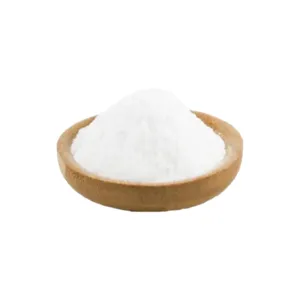 Food Grade Raw Material N-Acetyl L-Tyrosine Powder
Food Grade Raw Material N-Acetyl L-Tyrosine Powder -
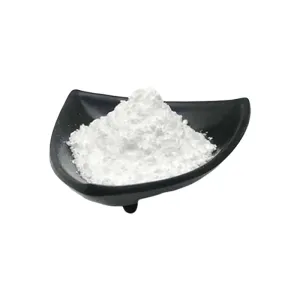 Food Grade L-carnitine 99% powder
Food Grade L-carnitine 99% powder -
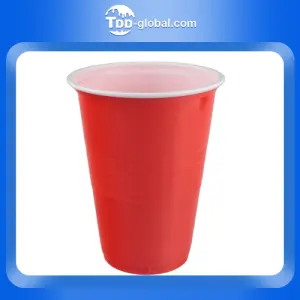 Top quality and good price recyclable plastic cups disposable plastic cups 16oz PP disposable party cup
Top quality and good price recyclable plastic cups disposable plastic cups 16oz PP disposable party cup -
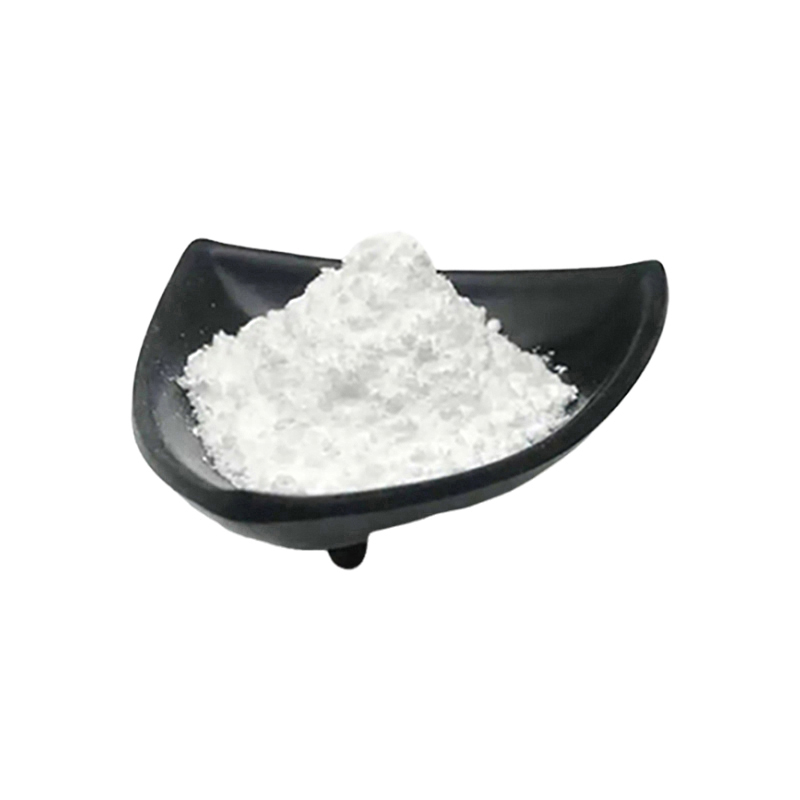 Food Additive 99% Vitamin C Calcium
Food Additive 99% Vitamin C Calcium -
 Waterborne polyurethane resin tdd-600
Waterborne polyurethane resin tdd-600 -
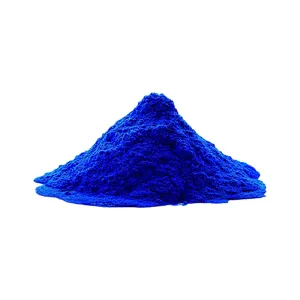 Ultramarine Blue Pigment 29
Ultramarine Blue Pigment 29 -
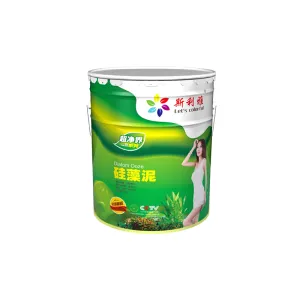 White 5L diatom mud for coating painting
White 5L diatom mud for coating painting
Q
who makes mitsubishi vehicles
I'm a seasoned industrial engineer with a keen interest in machine learning. Here to share insights on latest industry trends.
An I4 engine, or inline 4-cylinder engine, features all four cylinders aligned in a single straight line along the crankshaft. This configuration is known for its compact design and efficiency, making it a popular choice for small to medium-sized vehicles. In contrast, a V6 engine arranges its six cylinders in a V shape, with three cylinders on each side of the V. This allows it to fit more comfortably in a wider range of vehicle sizes, including those requiring more power without significantly increasing the engine's footprint. V6 engines tend to offer a smoother ride with better acceleration and towing capacity compared to I4 engines. However, they can be more complex and costly to manufacture and maintain. Ultimately, the choice between an I4 and a V6 engine depends on a balance between performance needs, vehicle size, and fuel efficiency priorities.
Supply chain expert focusing on the latest trends in industrial logistics and transportation.
Japanese multinational automaker Mitsubishi Motors manufactures Mitsubishi cars.
You May Like
Polypropylene fabric is a synthetic material known for its lightweight, durable, and highly resistant properties. It is made from the polymerization of propylene, a byproduct of fossil fuel refining. This fabric is particularly popular in applications where moisture resistance is necessary as it does not absorb water, making it ideal for use in diapers, active wear, and packaging. Moreover, polypropylene is resistant to chemicals, mildew, and rot, enhancing its suitability for outdoor and marine applications. Its ability to be easily molded and colored also increases its utility in the textile industry for a variety of purposes from consumer goods to industrial use. While it offers numerous benefits, concerns about its environmental impact persist, given its plastic-based nature and challenges related to recycling.
Polypropylene (PP) and Polyurethane (PU) are both popular materials used for manufacturing car lip kits, each offering distinct advantages. PP is known for its stiffness, strong resistance to chemicals, and is considerably durable against physical impacts. This makes it a suitable option for regular driving conditions, offering a balance between flexibility and strength. On the other hand, PU is highly flexible and resistant to abrasion, making it ideal for those seeking more resilience against scrapes and bumps, often encountered in high-performance or lowered vehicles. PU's flexibility allows it to absorb impacts better, reducing the risk of cracking under stress. However, this flexibility can sometimes translate to a higher cost compared to PP. When choosing between a polypropylene and polyurethane lip, consider your vehicle’s use scenario and budget. Polypropylene offers durability at a better price point, while polyurethane provides superior flexibility and impact resistance, albeit at a potentially higher cost.
Yes, you can bend PVC (Polyvinyl Chloride) pipes, a common practice in plumbing, construction, and electrical conduit installations. The process requires applying heat to make the PVC flexible enough to bend to the desired angle without causing kinks or cracks. A popular method involves using a heat gun or a PVC pipe bender, which applies even heat around the pipe, making it pliable. It's crucial to heat the PVC gradually and evenly to prevent damage. Once bent, the PVC needs to cool down to retain its new shape. Precautionary measures, such as wearing heat-resistant gloves and ensuring proper ventilation, should be taken during the heating process.
You May Like
Q&A
- •titanium dioxide coating cost
- •how to tell if yarn is superwash
- •corrugated polypropylene uses
- •how to seal polypropylene
- •is polypropylene biocompatible
Popular Information
- •India initiates anti-dumping investigation on imports of caustic soda from Japan, Iran, Qatar and Oman
- •PE Market Continued to Decline Around Pessimistic Atmosphere
- •Olin announces partial redemption of senior notes
- •The Price of Flake Caustic Soda Slightly Increased This Week (March 11-18)
- •Caustic Soda Prices Remained Stable This Week (August 2-9)









